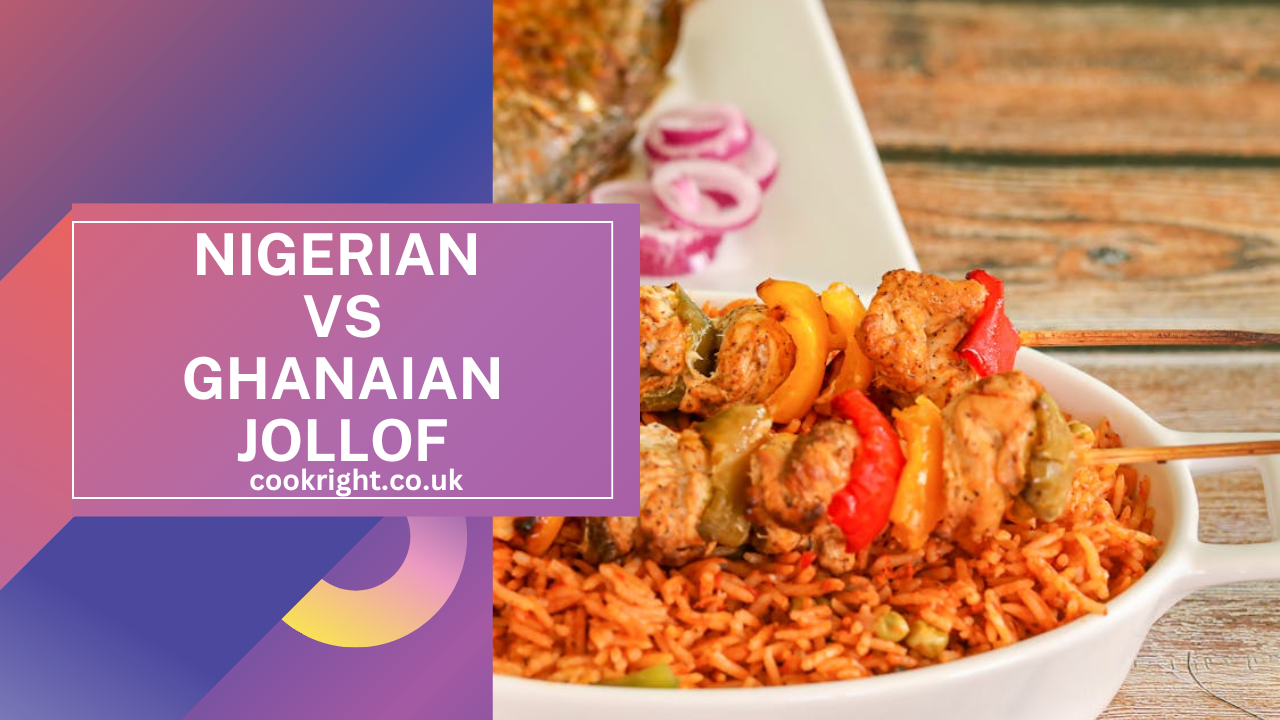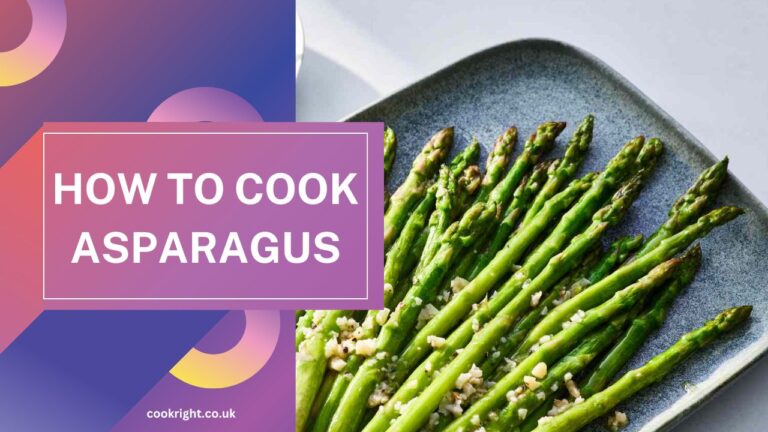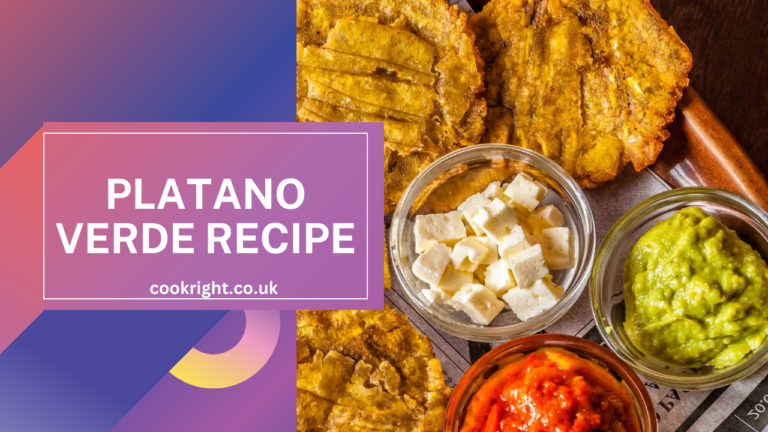Jollof rice is more than just a dish in West Africa; it’s a source of national pride, cultural heritage, and a friendly yet intense culinary rivalry, especially between Nigeria and Ghana. Both nations lay claim to the best Jollof, each with a distinct style that reflects their unique tastes and cooking traditions. Let’s dive into the delectable world of Nigerian and Ghanaian Jollof rice, exploring what makes each version special.
The History of Jollof Rice
The origins of Jollof rice can be traced back to the Senegambian region, specifically the Wolof people of Senegal and Gambia. Over time, the dish spread across West Africa, with each country adding its twist. Today, Jollof rice is a staple at celebrations, gatherings, and even everyday meals across the region.
Ingredients and Preparation
Nigerian Jollof Rice:
Nigerian Jollof is known for its rich, smoky flavor, often achieved by allowing the rice to scorch slightly at the bottom of the pot. This creates a crispy layer called “party rice,” cherished by many Nigerians. Key ingredients include:
- Long-grain parboiled rice
- Tomatoes, red bell peppers, and Scotch bonnet peppers (blended into a base sauce)
- Onions, garlic, and ginger
- Tomato paste
- Seasonings like thyme, curry powder, bay leaves, and bouillon cubes
- Meat or fish stock
- Vegetable oil
The preparation starts with frying the blended tomato and pepper mixture until the oil separates from the sauce, indicating it is well-cooked. The rice is then added, along with the stock and seasonings, and left to cook until tender.
Ghanaian Jollof Rice:
Ghanaian Jollof, while similar, has its nuances. It is known for a more pronounced tomato flavor and a slightly different blend of spices. Key ingredients include:
- Long-grain rice (often basmati)
- Tomatoes, onions, and Scotch bonnet peppers (blended into a base sauce)
- Tomato paste
- Seasonings like thyme, bay leaves, nutmeg, and Maggi cubes
- Meat or fish stock
- Palm oil or vegetable oil
The cooking process is quite similar, with the tomato sauce being fried until well-cooked. However, Ghanaians often use basmati rice, which gives their Jollof a different texture and aroma. The rice is cooked with the tomato sauce and stock until it reaches the desired consistency.
The Flavor Profiles
Nigerian Jollof:
Nigerian Jollof tends to be more smoky and spicy, with a depth of flavor from the charred rice at the bottom of the pot. The use of a variety of seasonings, including curry powder, gives it a complex and robust taste. The heat from the Scotch bonnet peppers is often quite prominent, making it a fiery delight for spice lovers.
Ghanaian Jollof:
Ghanaian Jollof is known for its vibrant, tomato-forward flavor. The spices used, such as nutmeg, add a subtle warmth and sweetness to the dish. The use of basmati rice also contributes to a lighter and fluffier texture, with a fragrant aroma that enhances the overall eating experience.
The Rivalry
The Nigerian vs. Ghanaian Jollof debate is often playful but can become serious, especially on social media where food lovers from both countries passionately defend their version. This rivalry is celebrated through Jollof festivals, cook-offs, and endless online discussions. While both versions are undeniably delicious, personal preference usually dictates which one is deemed the best.
Conclusion
In the end, whether you prefer the smoky, spicy richness of Nigerian Jollof or the vibrant, tomato-forward taste of Ghanaian Jollof, one thing is clear: Jollof rice is a beloved dish that brings people together. It’s a symbol of cultural pride and culinary heritage, showcasing the rich flavors and traditions of West Africa.
So, why not try both versions and join the conversation? Whichever side you choose, you’ll be indulging in one of Africa’s most iconic and cherished dishes.








